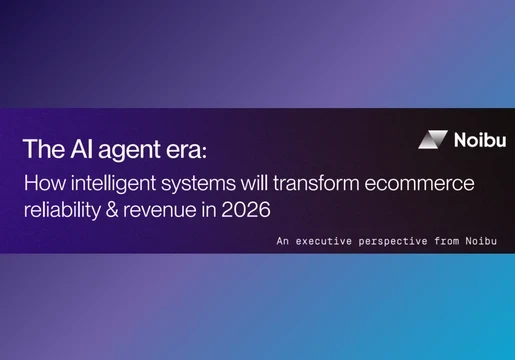Today, more consumers are increasingly pushing companies to recognise the importance of sustainable living. Simultaneously, however, these same customers are also particularly uncompromising when it comes to their personal convenience. As a result, brands now need to satisfy two seemingly contradictory demands: sustainability and convenience. In order to do so, companies need to send a brand message that resonates on an individual level.

What do consumers want?
According to a whitepaper from Selligent, the majority of consumers wants brands to demonstrate corporate social responsibility. In fact, 62% want companies to take a stand on issues such as sustainability, transparency, and fair employment. When a brand's words or actions on a social issue disappoints consumers, however, 53% complain. With this in mind, it is also worth noting that 47% of customers walk away after frustration with a brand, and 17% never return.
Consumers are complex
In today's relationship economy, empowered consumers have a huge amount of influence. Indeed, two-thirds believe that their posts on social media or participation in protests will affect a brand's response to an event or position on an issue of public concern. Companies now treat consumers as equal stakeholders, knowing that customers will champion brands that they believe in. Nevertheless, it is important to remember that there are many facets to a consumer's individual motivations and behaviour. Rather than creating a blanket segment of consumers, marketers must focus on what drives individuals when it comes to sustainability and convenience. Selligent's own survey supports this, which found that 74% of today's consumers expect companies to treat them as individuals, not members of a generic segment.
Delivering sustainability and convenience
In order to deliver marketing that satisfies the consumer desire for sustainability and convenience, a data-first approach is key. In effect, marketers must prioritise unique customer profiles which favour recent behaviours over blanket segmentation data. Using one central hub, Selligent Marketing Cloud centrally stores real-time customer intelligence captured across channel boundaries in Universal Consumer Profiles. These profiles even blend insights generated across all engagement channels with existing customer knowledge and situational data. In turn, marketers can better understand how, when, and why consumers engage with a brand. By uniting the data warehouse, campaign design, and execution into one seamless platform, Selligent can also personalise messaging according to a customer's current situation. Regardless of whether a consumer desires sustainability or convenience (or both), marketers must deliver the communication method that balances customer needs with business realities. While consumers are complex and sometimes contradictory, they will ultimately remain loyal to brands who put them first.
How can companies exceed a customer's expectations when it comes to online video? We spoke to Telestream’s Director of Product Management, Kirk George, in order to find out







Comments ( 0 )